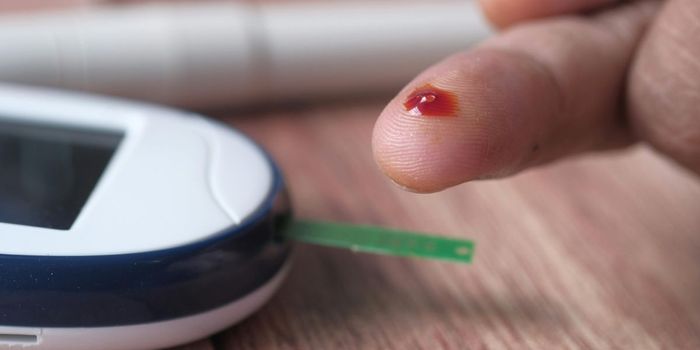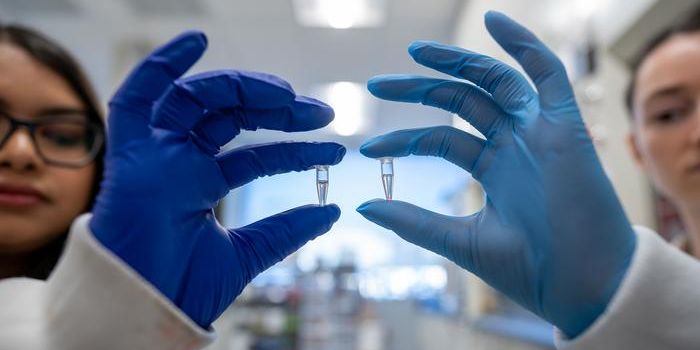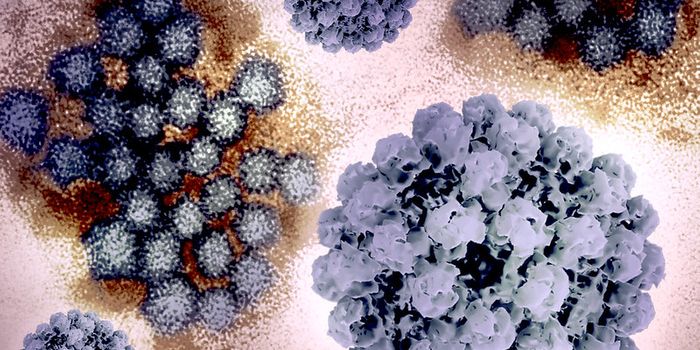A Potential Biomarker of Depression in Blood
In major depressive disorder (MDD), symptoms of sadness and a serious loss of interest can persist for lengthy periods of time. MDD affects about 20 percent of people and often occurs during aging. People with depression also have higher rates of diseases like neurodegeneration and some features of their biology can mimic accelerated aging. The hippocampus helps regulate memory and depression. In patients with MDD, other psychiatric disorders, and memory impairments, the hippocampal volume is reduced. Changes in the structure and function of the hippocampus and impaired hippocampal neuron growth have been associated with depression-like behavior in animal models.
Research has shown that a protein that is found in blood called growth factor GDF11 can promote cell growth in aged mouse brains, and has a beneficial effect on the perception of smell. Scientists have now found that when aged mice are treated with GDF11 over long periods of time, their memory shows significant signs of improvement, and behaviors that are linked to depression are reduced. These aged mice take on the behavioral characteristics of young mice, and there are changes in the hippocampus of these animals. The findings have been reported in Nature Aging.
Using neuronal cultures and mouse models, the researchers determined that GDF11 triggers a cellular process called autophagy, in which old and worn-out parts of cells are taken out of commission and sent for degradation and recycling, and senescent cells (that don't divide anymore) are eliminated. GDF11 seems to promote cell renewal in the hippocampus, which appears to restore neuronal activity to a more youthful state.
The investigators also followed up on these findings in a group of young people who had been diagnosed with MDD. This showed that GDF11 levels are abnormally low in these individuals compared to people without MDD. The level of GDF11 also appears to correlate with the severity of a patient's depression, and it could be useful as a diagnostic tool.
"This work provides clinical evidence linking low blood levels of GDF11 to mood disorders in patients with depression," said co-corresponding study author Lida Katsimpardi, a researcher at the Institut Pasteur. "In the future, this molecule could be used as a biomarker to diagnose depressive episodes. It could also serve as a therapeutic molecule for the treatment of cognitive and affective disorders."
Sources: Institut Pasteur, Nature Aging









